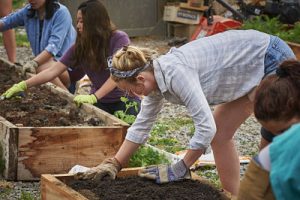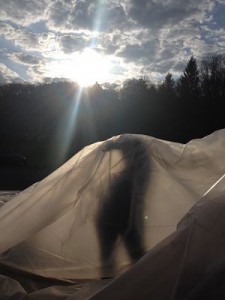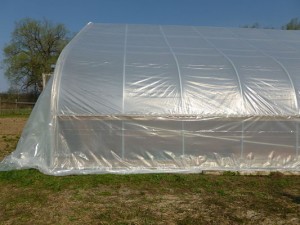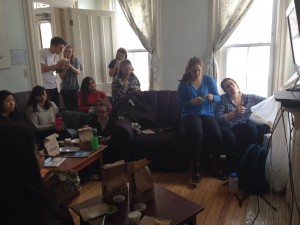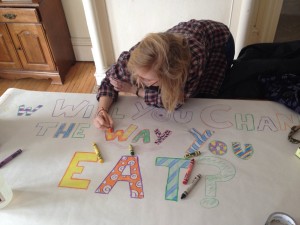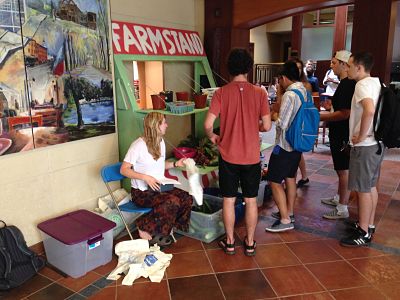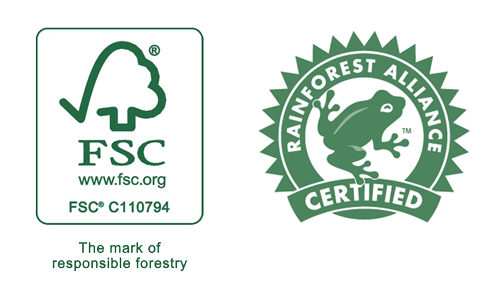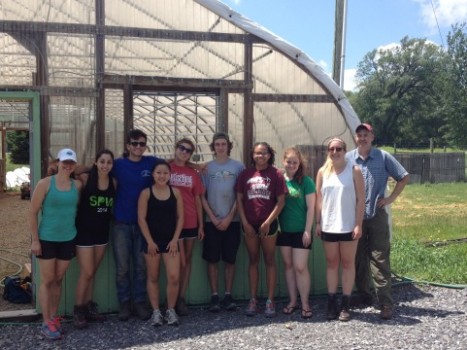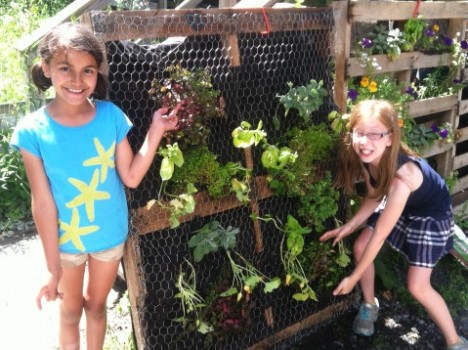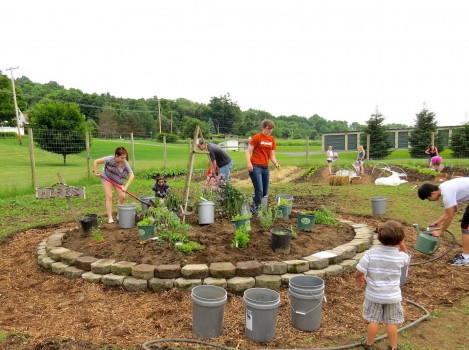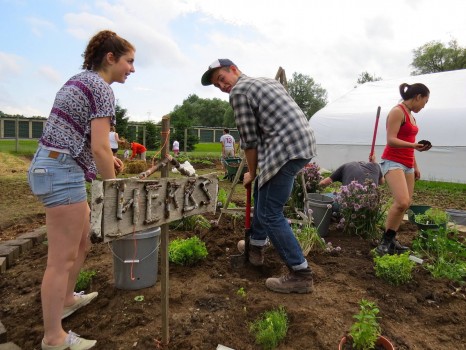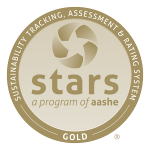 Last week, Colgate University received a STARS Gold rating for the second time with its highest ever score (72.19) from the Association for the Advancement of Sustainability in Higher Education (AASHE).
Last week, Colgate University received a STARS Gold rating for the second time with its highest ever score (72.19) from the Association for the Advancement of Sustainability in Higher Education (AASHE).
The AASHE Sustainability Tracking, Assessment & Rating System (STARS) is a transparent, self-reporting framework for colleges and universities to measure their sustainability performance. Colgate is one of only 124 institutions to receive a gold rating from AASHE STARS.
“AASHE STARS is the gold standard for assessing sustainability programs in higher ed. The fact that we scored so high and achieved a Gold rating illustrates a commitment to sustainability from every level of the institution,” stated director of sustainability, John Pumilio.
The assessment broadly approaches sustainability addressing a range of categories from operations to diversity and affordability. Most notably, Colgate scored well in the water, air and climate, purchasing, curriculum and engagement categories.
Innovative and forward-thinking initiatives, such as Colgate’s comprehensive wellness program, Chapel House geothermal exchange system and a longitudinal study of the soundscape of Colgate’s hill also played a role in our institution’s new rating.
“I am really proud of the work Colgate is doing toward integrating sustainability across the university and it is wonderful that this work is recognized by the AASHE STARS program,” stated Chair of the Sustainability Council, Dr. Catherine Cardelús.
The nature of this report demonstrates that campus sustainability relies on more than just the work of one office, but rather dedicated student, staff and faculty champions across the institution who work to create a more socially and environmentally responsible and resilient community.
“I’m grateful to be working at an institution that places such a high value on sustainability and especially grateful to members of our sustainability team, Pamela Gramlich, and our student interns for their tireless effort over the past few months,” Pumilio stated. “STARS Gold is something the entire Colgate community can celebrate.”
Colgate’s entire AASHE STARS report can be viewed here. Special thanks to Dana Chan ‘19, Chaveli Miles ‘19, Annaliese Clauze ‘20, and Sonia Ost ‘20 for their work on the report. Please email sustainability@colgate.edu with any questions.



